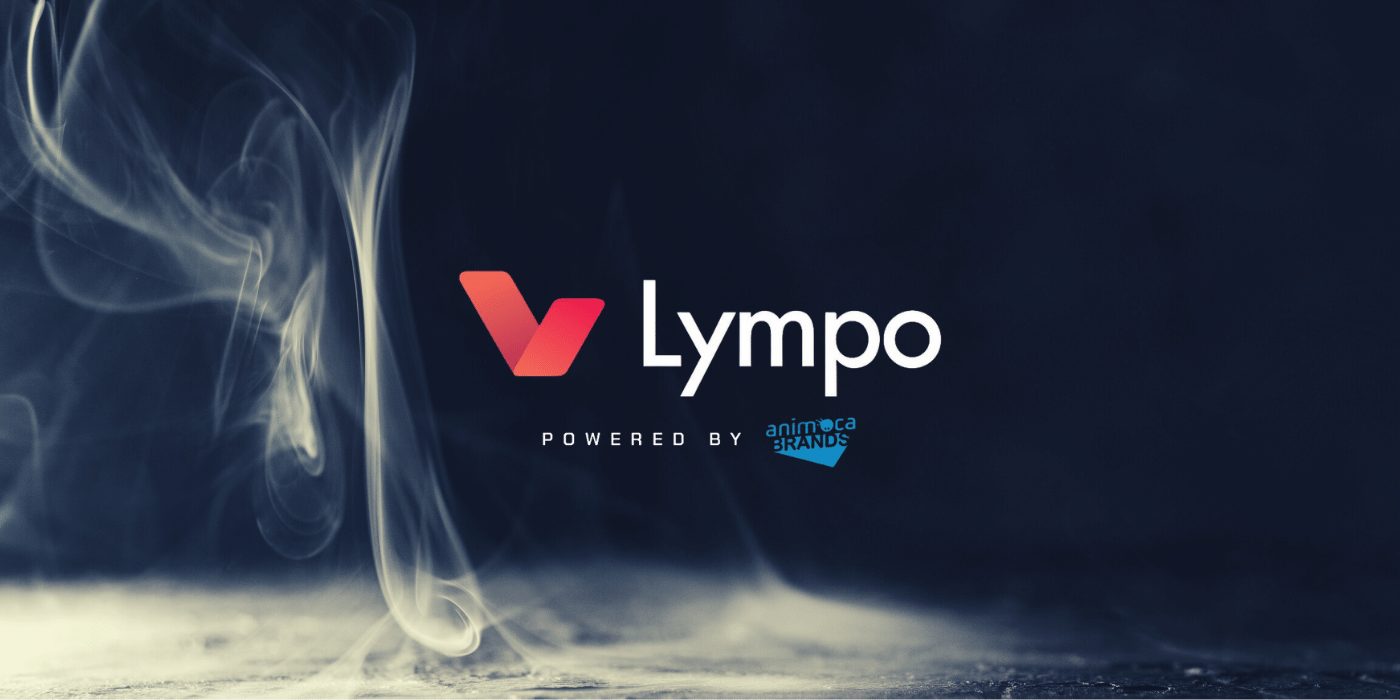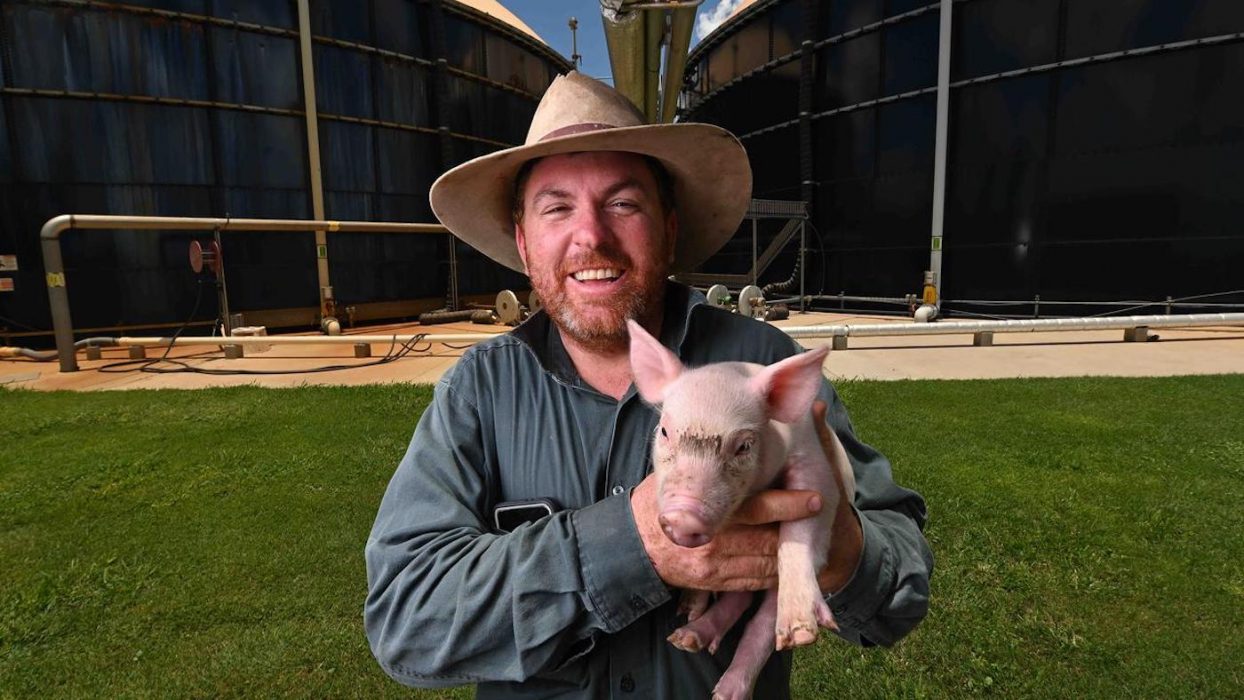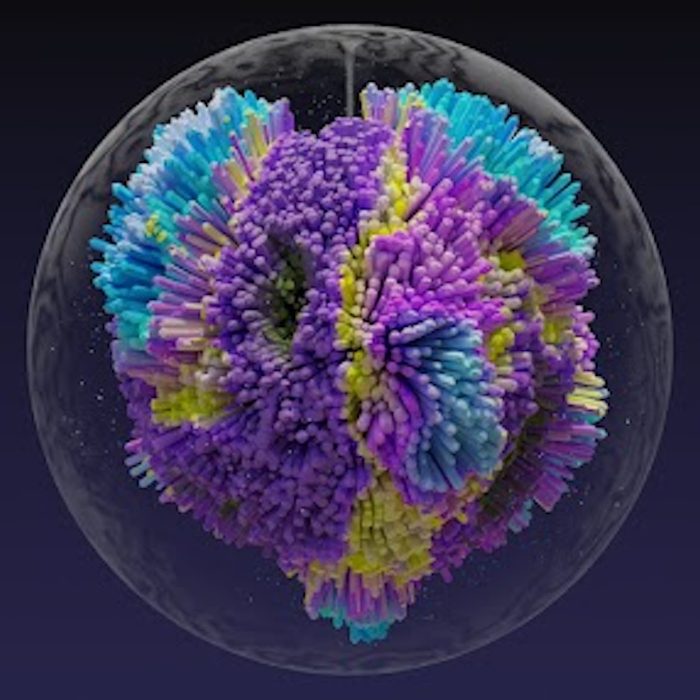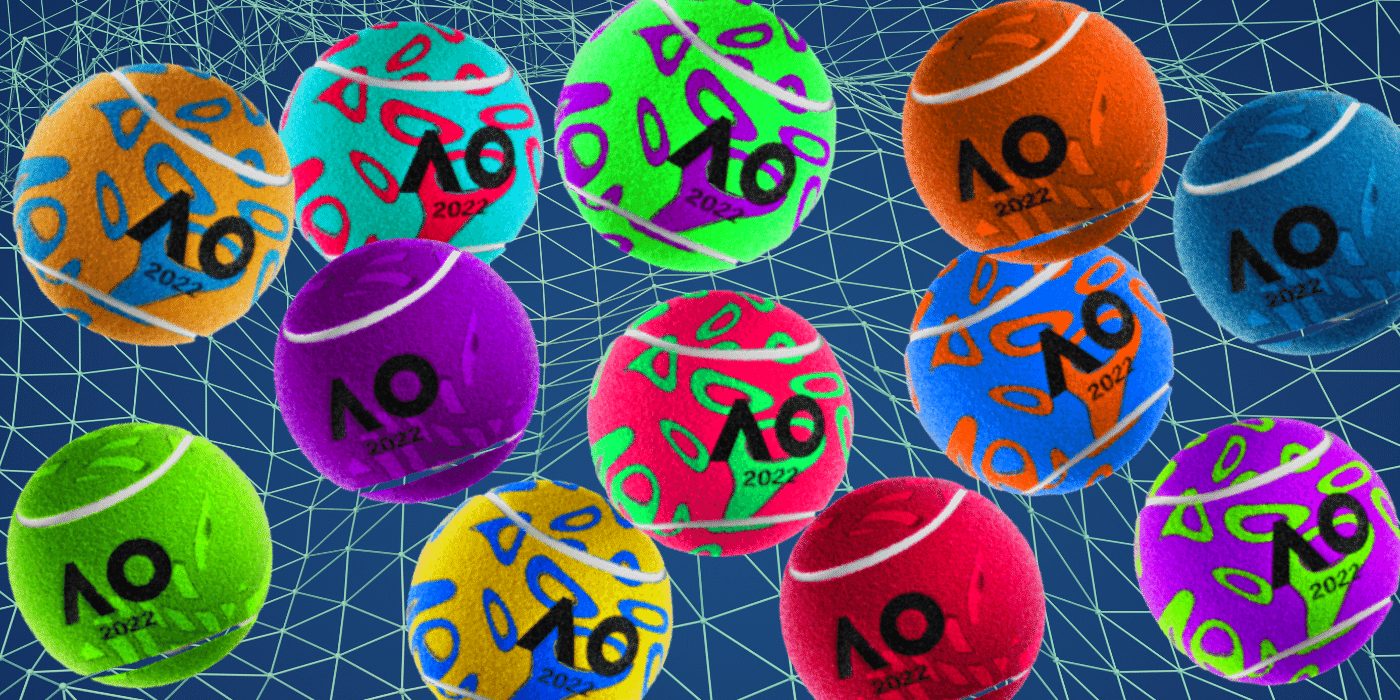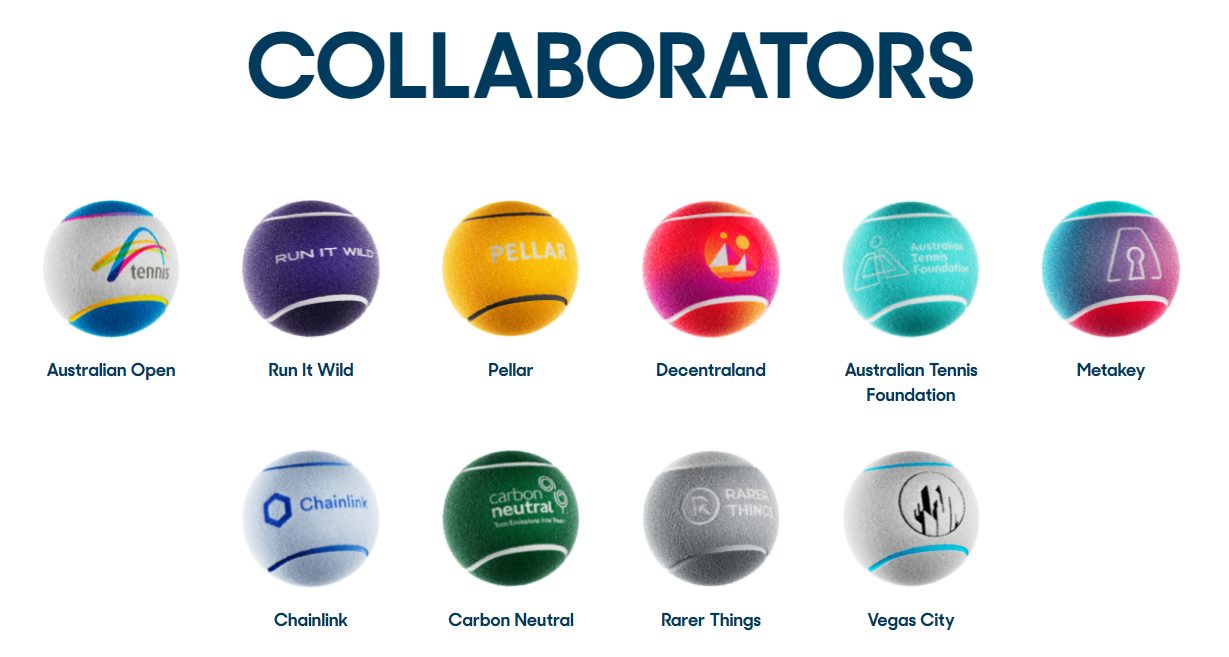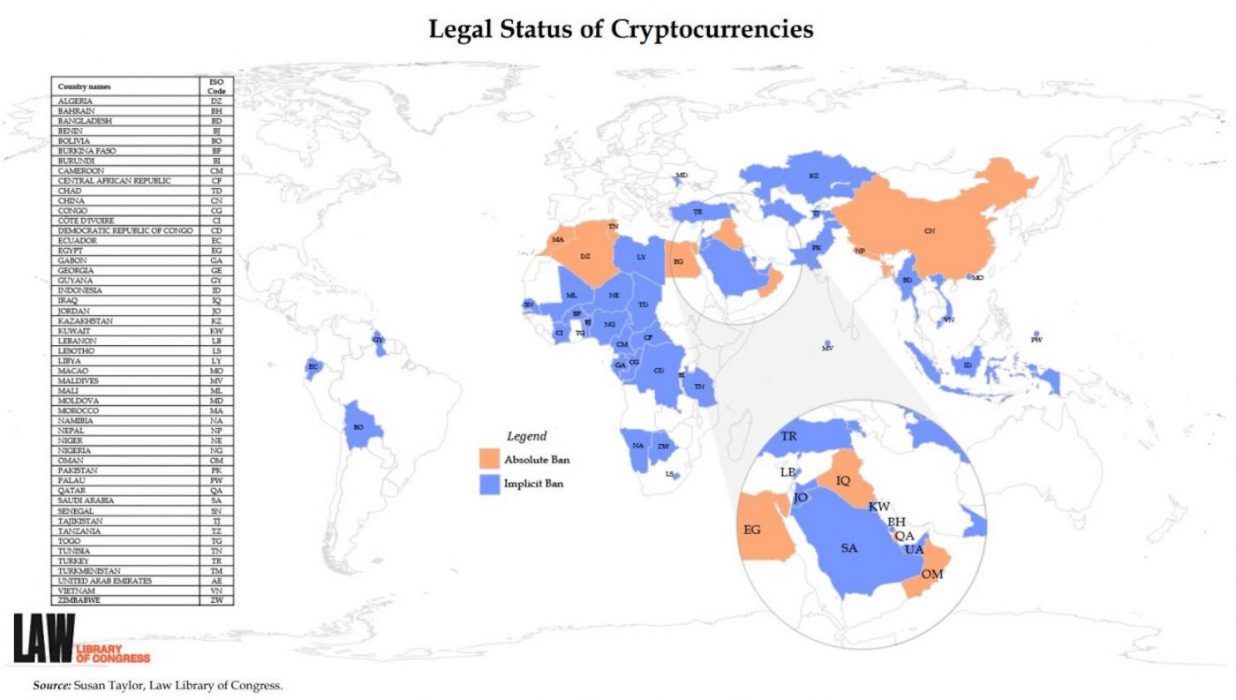Thanks to the slow, agonising and ongoing death of mainstream media, writers are running out of avenues to monetise their work. One of a number of new platforms designed to address the problem is Mirror.xyz, a publishing tool that leverages cryptocurrency and blockchain technologies.
Created by Denis Nazarov, a former investment professional at US venture capital firm Andreessen Horowitz, Mirror is a decentralised writing platform developed to help creators connect with their target audiences in a direct and innovative way.
The functionality of Mirror differs from popular blogging sites such as Medium in that it enables writers to earn in cryptocurrency rather than fiat cash transactions. Authors can also seek crowdfunding for creative projects via non-fungible tokens (NFTs) that can be continuously traded and keep earning on a writer’s behalf, via Mirror’s use of the Ethereum blockchain.
Mirror Turns Written Articles into NFTs
Typically, most NFTs traded online are for digital art and music files. Mirror makes it possible to turn various forms of creative writing into NFTs, whether they be poems, essays, novels or short stories.
Mirror allows its writers to be the gatekeepers of content. As that content is stored on a blockchain, there is less chance of it being appropriated or accidentally dumped. Each written work becomes a unique NFT that can be auctioned off or sold to the highest bidder in exchange for crypto.
You Can Take It With You
Users can leave the platform at any time and take their material with them, since it remains cryptographically safe and cannot be altered or deleted. Mirror has grown from a tool for authors to a complete Web3 creative stack for communities and DAOs, according to the developers behind it.
As soon as they link an Ethereum wallet to the platform, users may begin generating content and inserting media blocks such as films, iFrames, social media postings, NFTs, auctions and crowdfunds.
American freelance writer Meagan Loyst is just one satisfied Mirror user, making a strong case for the platform over Medium, the site she used to write for. She describes Mirror as “the future of blogging”:
Revolutions Afoot in Writing and Music
As also reported by Crypto News Australia this week, Opulous is a new blockchain-based music platform built for creators and investors to address the biggest challenge facing artists in the music industry today: raising capital. It is to musicians (and fans) what Mirror may turn out to be for writers, and ultimately readers.


